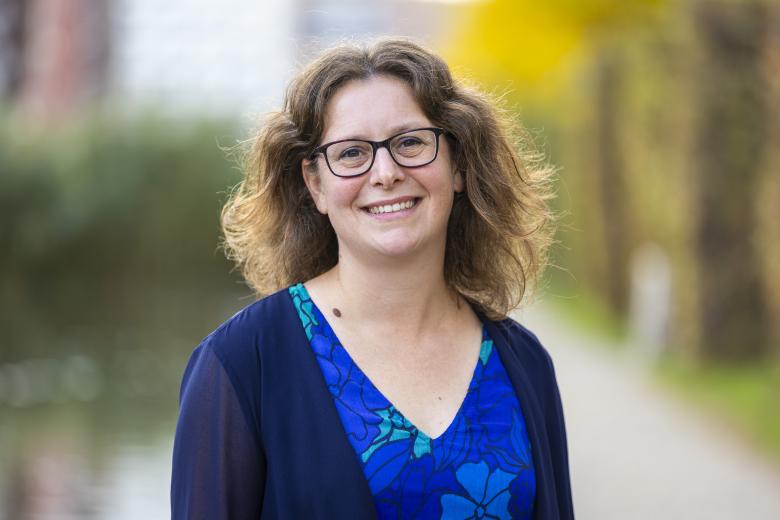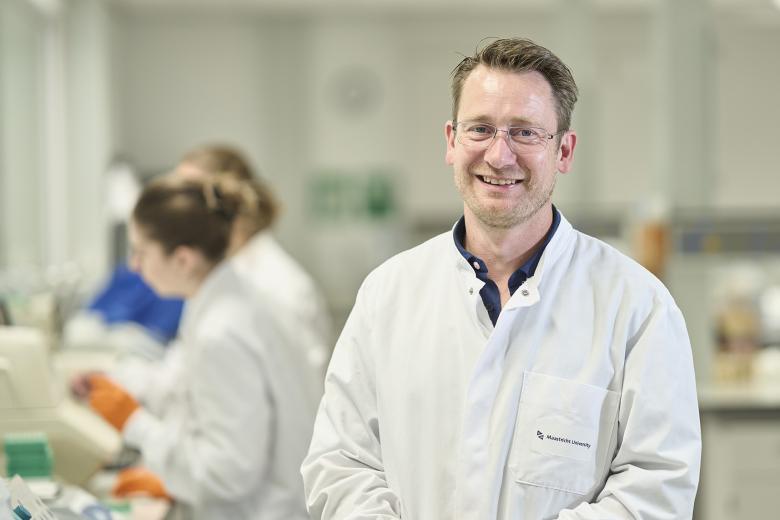17 million for Dutch mega cohort: working together to build healthier ageing
Maastricht UMC+ is the main applicant in the Netherlands Cohort Consortium (NCC), which is receiving a subsidy of more than 17 million euros from the Dutch Research Council (NWO). With this investment, virtually all university medical centres, the RIVM and Vrije Universiteit Amsterdam are joining forces in a single national mega cohort: a unique research infrastructure with data from almost half a million Dutch citizens.
Big step for research into healthy ageing
The NCC combines the strengths of the eleven largest and most comprehensive cohorts in the Netherlands, including The Maastricht Study. This connection creates a coherent source of knowledge about health, lifestyle, environment and ageing. Thanks to the subsidy, the consortium will be able to conduct large-scale research into how and why people age healthily and what we can do to prevent diseases. The emphasis will be on multimorbidity (the co-occurrence of multiple chronic conditions) and new health risks, such as emerging infectious diseases. “The NCC brings together health data from almost half a million Dutch people,” says Miranda Schram (CARIM, MHeNs), professor of diabetes epidemiology and lead applicant for the subsidy. “With this data, we are conducting groundbreaking research into the causes of chronic diseases such as diabetes, cardiovascular disease, dementia and depression, and the reasons why these are occurring at an increasingly younger age.”
Diversity in data
Annemarie Koster (CAPHRI), associate professor of lifestyle epidemiology, will coordinate the NCC project for The Maastricht Study. She emphasises the significant added value of the diversity of the rich cohort data from across the Netherlands. “Because we can combine data from different regions and population groups, we can investigate much more accurately how, for example, a healthy lifestyle is related to health and disease. Within NCC, we can then look in great detail at differences between subgroups, for example in terms of geographical location, socio-economic position, origin, age and gender.”
The Netherlands as an international example
The collaboration within the NCC strengthens the Netherlands' leading international position in epidemiological research. By combining data in a uniform manner, researchers can more quickly develop new insights that can be applied in clinical practice and health policy. The NCC works according to the FAIR principles (Findable, Accessible, Interoperable, Reusable) and in compliance with the GDPR. This creates a future-proof research infrastructure in which knowledge, data and expertise are shared sustainably between institutions.
About the Netherlands Cohort Consortium (NCC)
The Netherlands Cohort Consortium is a national partnership between eleven cohorts in the Netherlands, spread across seven universities and university medical centres and the RIVM. The participating cohorts are Lifelines, the Rotterdam Study (ERGO), the Maastricht Study, HELIUS, LASA, EPIC-NL, NEO, the Dutch Twin Register, the Leiden Long Life Study, the Utrecht Health Project and the Doetinchem Cohort Study. In total, the network comprises nearly 500,000 participants and more than 50 years of health data.
More information
The awarding of the subsidy and the plans for the mega cohort will be explained during the NCC symposium on 7 November. Read more about the Netherlands Cohort Consortium.
Also read
-
Vote for UM Professor Gera Nagelhout as Vrouw in de Media
The Limburg jury of the Vrouw in de Media Award has selected UM professor Gera Nagelhout (CAPHRI) as a nominee for the Vrouw in de Media Award 2025. The award highlights women who, over the past year, have been notably and impactfully visible in the media as experts.
-
Heated tobacco products are not a safe alternative to cigarettes
Heated tobacco products (HTPs) are not a safe alternative to cigarettes, according to recent research by Maastricht University and the Dutch National Institute for Public Health and the Environment (RIVM). Nevertheless, these products are often marketed as less harmful.
-
Science at the frontier of the unknown
How do cancers develop, how do they grow and how does therapy resistance arise? Professor Kasper Rouschop aims to answer these questions.